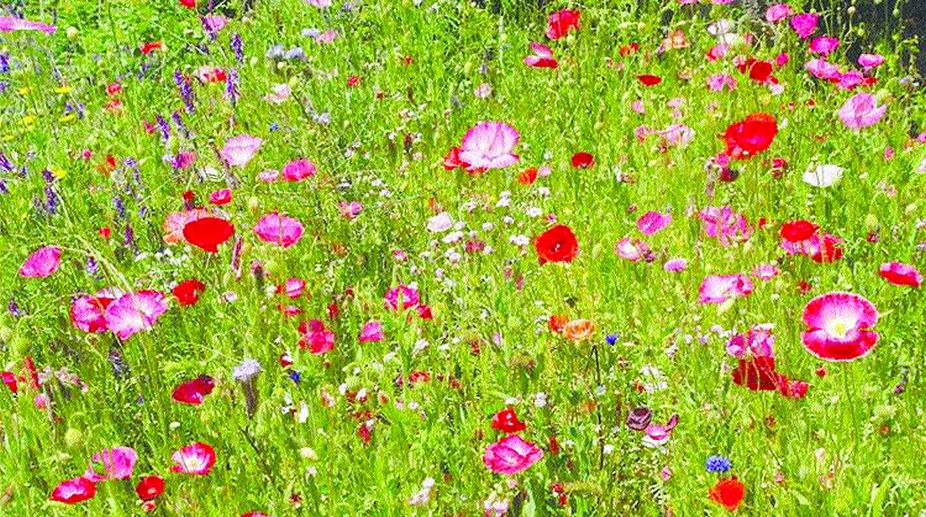The need for seed
The delightful mission of the “mango guthli man” as he has fondly been referred to, needed to be emulated.

(PHOTO: SNS)
A garden — according to the Concise Oxford Dictionary — is a “piece of ground devoted to growing flowers, fruit, or vegetables” and a gardener is “a person who gardens”. Yet, taking a comprehensive view of gardens, gardeners and gardening, the picture is one of incredible complexity rather than simply bucolic as the dictionary implies.
Tending plants, whether it is on a large or small scale or whether the plants are edible or purely ornamental, is — for some of us — an integral part of our genetic makeup. Carefully monitoring soil health, experiencing the thrill of seed sowing, the sheer satisfaction of seedling germination and right on through various growing and caring cycles to maturity and crops, is deeply rooted in the blood which flows through the veins of passionate gardeners in exactly the same way as sap flows through the stem and leaf veins of the plants.
Yet plants, and the soil they grow in, are not the be all and end all of modern gardening. Water accessibility, reliability and viability too are important, as ours being a water-starved country there are legions of people struggling to survive without the basic human right of potable water. Gardening without water is, believe it or not, possible but extremely difficult and will not, in our climate, produce the crops we home-growers desire.
Watering your garden with recycled water, augmented with harvested rainwater when possible, is a sensible way in which to ease personal water-related angst — an angst our gardening ancestors did not suffer from as the population was much smaller and the climate vastly different than it is today.
There are also the issues of genetically modified seeds and other purposely bred hybrids versus rapidly disappearing “Heritage” seeds, chemical interventions and controls versus organic solutions. Besides these, the acquisition of imported, exotic plants versus climatically-suitable indigenous ones in addition to the ever-changing climate which has now become so unpredictable has made it, quite frankly, frightening.
Then there are a myriad of other garden and lifestyle-associated issues to be factored in and personally accounted for. For example, the size of our “carbon footprint” and how best to reduce it. Can we totally avoid use of oil-based products, like plastics, in our homes and gardens and in everything else we undertake to do? How can we reduce consumerism to the point where — at least on a personal level – we can honestly claim sustainability? Are we actively caring for planet earth and all — not only the plants in our gardens but the countless other plants from which our food originates — that grows, flourishes and is available to nurture us too?
Gardening is no longer a simple pastime at all. Far from it as, we gardeners are also responsible for laying a sustainable groundwork for the generations to come.
Advertisement
Advertisement